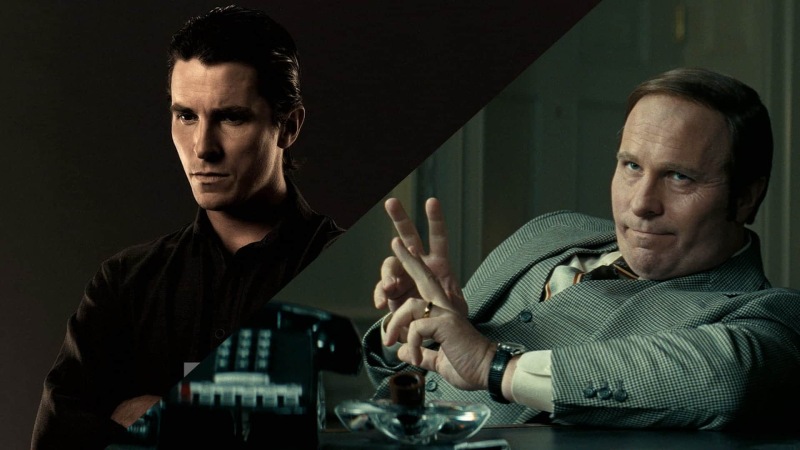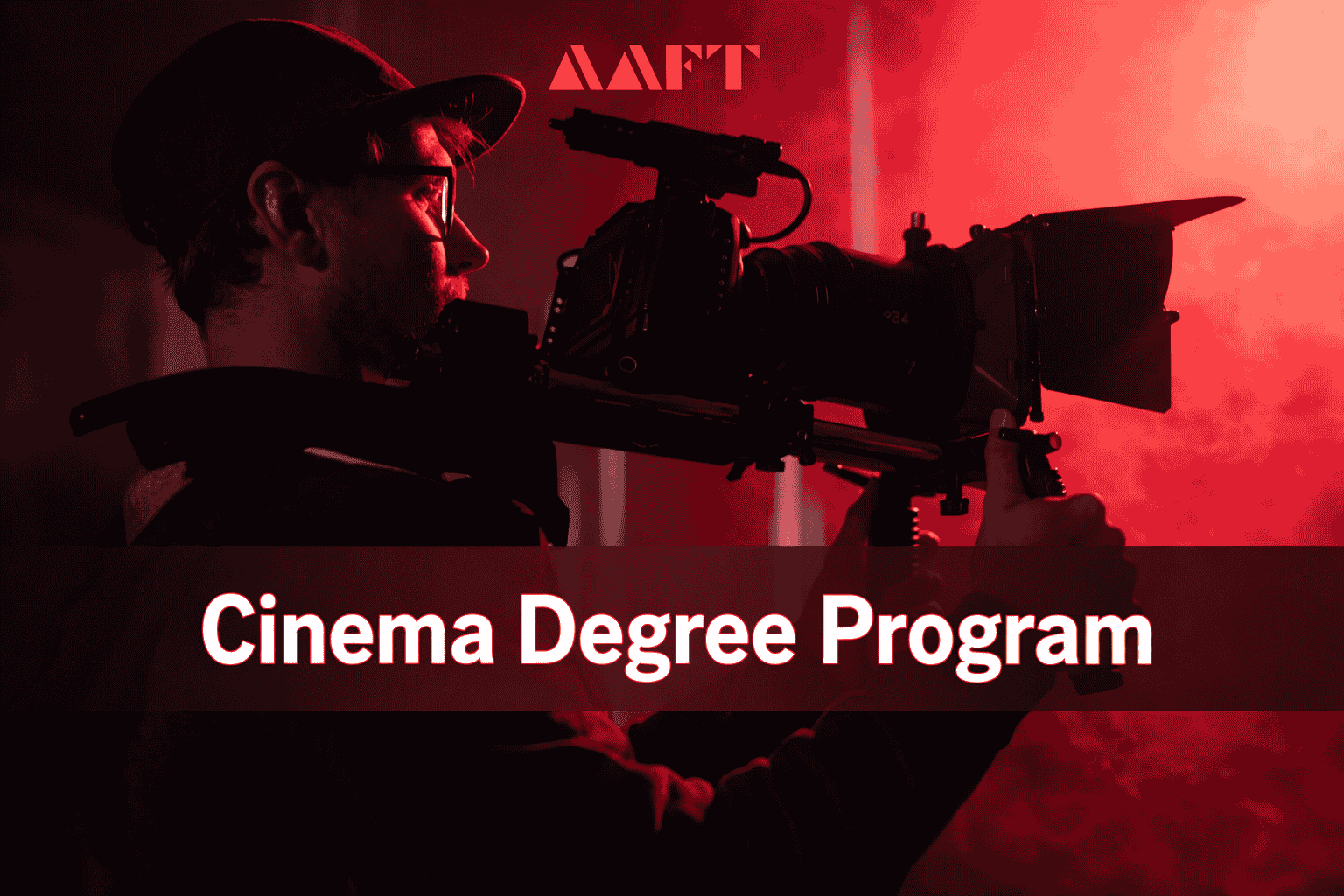Difference Between Method Acting & Character Acting? A Beginner’s Guide
Acting might seem spontaneous on screen, but behind every “natural” performance lies discipline, preparation, and technique. Most actors rely on structured methods to fully embody their characters through a learned, deliberate craft.
So, if you are just starting out or aspire to lead a career in the performing arts, choosing the right acting technique can shape your journey early on. Among the many approaches taught in acting schools and film institutes, method acting and character acting stand out as two of the most practiced and debated techniques. While often interchangeably used, they are fundamentally different.
Method acting encourages actors to draw inspiration from personal emotions and real-life experiences to deliver deeply authentic performances. In contrast, character acting emphasizes physical transformation, altering voice, posture, and mannerisms to embody someone entirely different. So, how do you know which style suits you best? Or better yet, can you master both?
Through this blog, we will pen down the key differences, clarify common misconceptions, and guide you on how the right acting course can help you uncover your strengths, explore both styles, and step confidently into the spotlight.
What Is Method Acting?
Method acting is a performance technique where the actor taps into personal emotions and lived experiences to fully inhabit a character. Further, this method allows an actor to imbibe the character from within, feeling its emotions and reacting with authenticity.
Features of Method Acting
- Involves emotional recall and sensory memory
- Encourages living the role from the inside out
- Demands emotional focus, vulnerability, and consistent practice
- Commonly used in biopics, emotional dramas, and character-driven films
Example: In Raazi, Alia Bhatt followed the method acting approach, reportedly staying in character even off-camera to stay emotionally connected to her role.
What Is Character Acting?
In contrast, character acting is centered around external transformation, concerning the physicality and vocals, where the actor becomes somebody else by shifting mannerisms, accents, posture, and style to build a character distinct from their personality.
Features of Character Acting
- Focuses on physical and behavioral transformation
- Uses external tools like makeup, movement, and vocal change
- Common in comedies, thrillers, fantasy, and experimental films
- Ideal for roles that demand range and versatility
Example: Pankaj Tripathi exemplifies character acting, shifting from comedic roles in Stree to intense, brooding characters in Mirzapur.
Key Differences Between Method Acting & Character Acting
As someone who might be stepping into the world of acting or filmmaking for the first time, it’s easy to get confused between the terms method acting and character acting.
| Feature | Method Acting | Character Acting |
| Focus | Inner emotional experience | Outer physical and vocal transformation |
| Dependent on | Sensory memory, emotional recall | Observation, mimicry, stylized behaviour |
| Common medium | Films, dramas, and biopics | Comedies, thrillers, experimental films |
| Training Emphasis | Emotional depth, personal memory | Versatility and adaptability |
| Popular actors | Alia Bhatt, Heath Ledger, Daniel Day-Lewis | Johnny Depp, Christian Bale, Pankaj Tripathi |
Which Acting Style Should You Try First?
Now that you know what method acting and character acting are, the next question is which one fits you better? In this case, knowing a little about your strengths and interests can help you get started in the right direction.
| Choose Method Acting if you… | Choose Character Acting if you… |
| Feel deeply and connect with emotions easily | Enjoy transforming your look, walk, and voice |
| Like reflecting on personal experiences | Love roleplay and creating new personalities |
| Dream of doing serious, emotional films | Prefer exciting, fast-changing roles in series or theatre |
| Want to go deep into one intense role at a time | Like switching between quirky, funny, or mysterious roles |
Why Understanding Acting Techniques Is Important?
If you are serious about acting, or even just exploring it, it is helpful to know how these techniques work. Once you have clarity regarding the distinct acting styles, you will not only perform better but also feel more confident, from auditions to choosing roles that feel right for you.
- Helps you choose the right acting course or filmmaking course
- Builds better awareness of film and theatre performance styles
- Prepares you for auditions, monologues, and on-camera work
- Guides you toward roles that match your strengths
- Makes you more flexible both in front of the camera and behind the camera.
How to Start Acting: A Step-by-Step Guide
You do not need to be a born performer or have a fancy background to break into the acting world; rather, simply the right guidance, a bit of courage, and a solid plan would do wonders for you.
- Step 1 – Find Your Interest (theatre/films/genres)
- Shortlist of Film Institutes
- Check Eligibility & Admission Process
- Build a Simple Portfolio
- Start applying
- Attend an Audition or Interview (if asked)
- Begin Your Journey as an Actor
Start Your Acting Journey with the Right Foundation
Understanding the difference between method acting and character acting is not just for theory, but plays a crucial role for an actor toward becoming a confident, versatile performer.
As you begin exploring the world of cinema, having the right training matters. A structured, hands-on acting course teaches you performance tools while helping you discover your unique strengths, prepare for auditions, and build a solid foundation for your future in film.
With expert mentorship, practical learning, and industry-relevant exposure, AAFT School of Cinema equips students with everything they need, from cinema courses to a credible filmmaking certificate, to turn their passion into a profession.
If you are ready to take the first step, explore AAFT and become part of a creative community that includes alumni working across film, TV, theatre, and digital platforms.
FAQs
1. What is the difference between method acting and character acting?
Method acting is when an actor takes their instincts and feelings from their own life and embeds these emotionally into their character; character acting is when an actor disguises themselves entirely with a changed appearance combined with a changed way to act and appear for their role.
2. Can I learn both acting styles in one course?
Yes, a good acting course or cinema course will focus on both acting styles to help you understand your natural acting strengths.
3. Do I need to have experience to apply for acting after I leave Class 12?
No, most film schools accept 12 passouts.
4. Which acting style is best for beginners?
The choice of the best acting style is rather subjective, as no one style is necessarily better.
5. Will learning both method and character acting increase my chances in a career with film or TV?
Yes, knowing both method acting and character acting provides you flexibility that will allow you an advantage in auditions, web series productions, film projects, or even when you decide to apply to study film direction courses.











